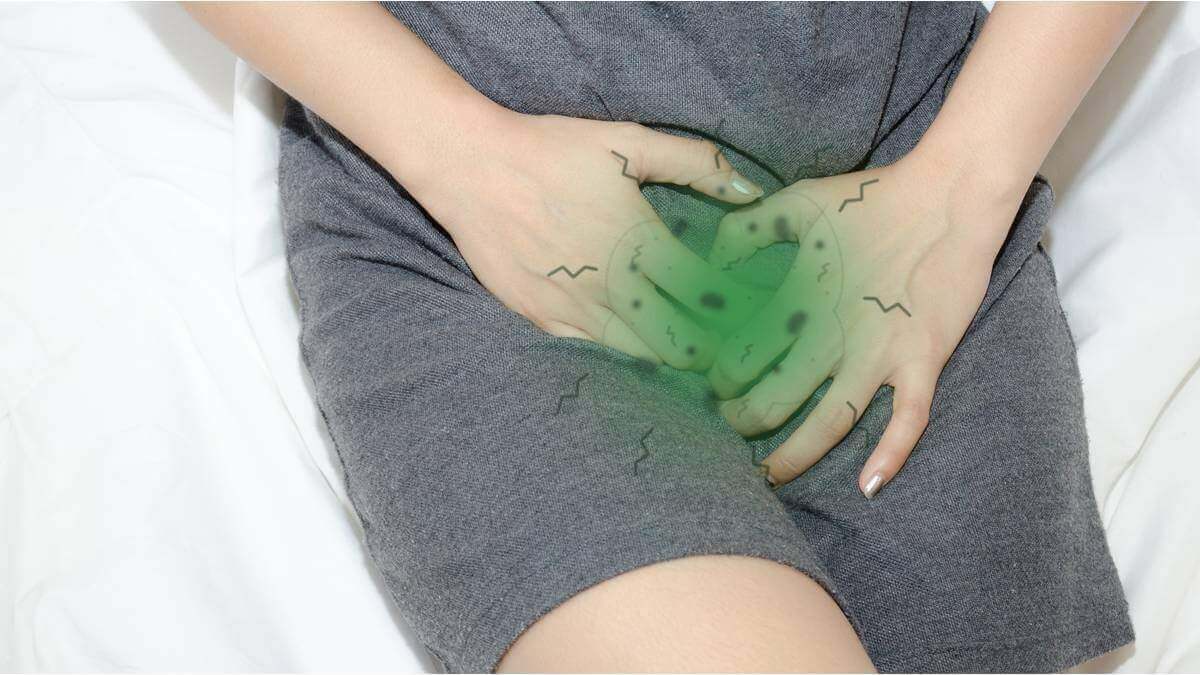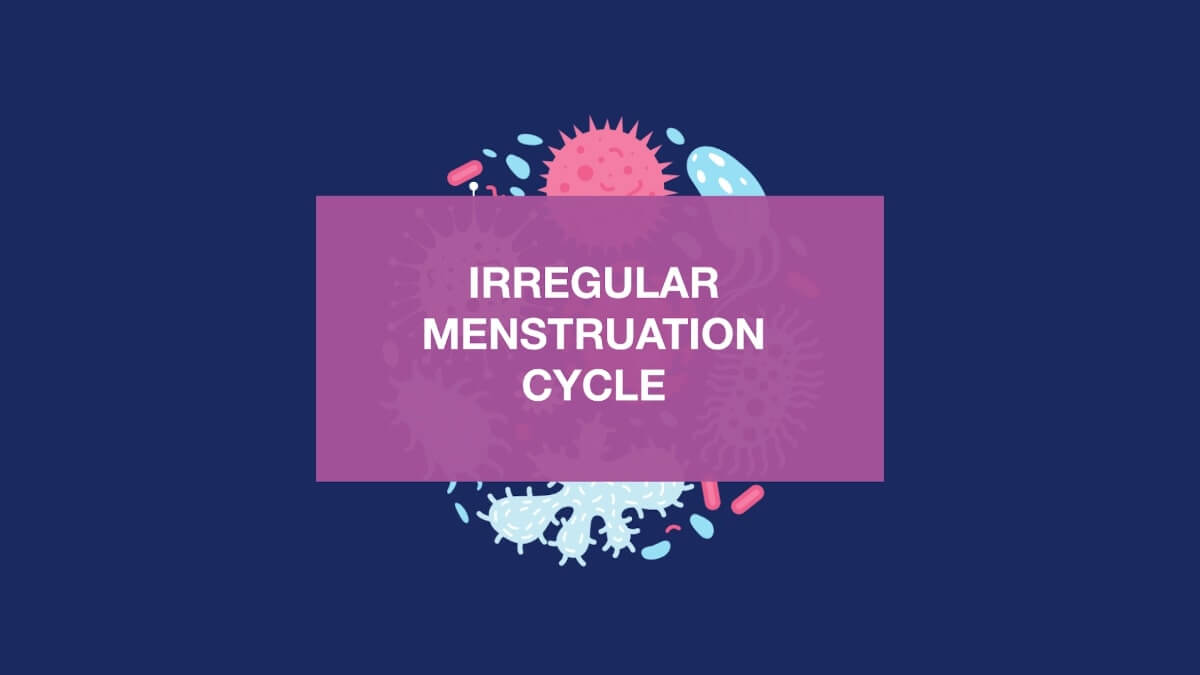Regular periods usually last for 3-8 days and occur within a cycle of every 21-35 days.
In a normal menstrual cycle, total blood loss is approximately 30-80 ml. Any change in this amount, the duration of bleeding, and cycle length may occur for various reasons.
Reasons for heavy and painful periods:
The main reasons for and heavy bleeding are:
- Hormonal imbalance
- Uterine fibroids or polyps
- Cancer in the reproductive organs
- Using birth control like an intrauterine device
- Miscarriage or ectopic pregnancy
- Pelvic inflammatory diseasesÂ
- Systemic diseases like thyroid disease, liver, and kidney disease could also increase the menstrual flow.
Factors that determine heavy bleeding:
The following things, if they occur in isolation or combination, can suggest that you are suffering from excessive menstrual bleeding or heavy periods:
- Your bleeding lasts for more than seven days.
- When you tend to soak your tampon or pad completely every hour.
- Blood clots were seen in the menstrual flow that is as big as a coin or larger.
- If you need to change pads in the middle of your sleep because of wetting.
If you are experiencing heavy periods and severe pain, you need to see your gynecologist to determine the exact cause. You may also certainly need to undergo proper treatment to correct and rectify this anomaly in the reproductive phase of life.
Like heavy and painful periods, having irregular periods also indicates specific health ailments.
Reasons for irregular periods:
- When your cycle is longer than 35 days, it suggests that your periods are irregular.
- A possible reason for irregular periods could be due to changes in the reproductive cycle like puberty, pregnancy, childbirth, menopause, and contraception.
- These reasons are very common, and you may not require medical intervention.
However, there might be other reasons for irregular periods that are abnormal.
They include:
- Hormonal imbalance:
It is caused due to extreme weight loss or gain, too much emotional stress, eating disorders like anorexia, or endurance exercises like marathon running.
- Polycystic ovarian syndrome PCOS:
In this condition, you do not ovulate, and this causes irregular or no periods.
- Systemic diseases:
Diseases like thyroid disorder where your thyroid hormone affects the bodies can affect the menstrual cycle.
- Pelvic inflammatory disease and endometriosis:
These conditions will cause inflammation of the reproductive organs and affect the regular menstruation.
In irregular menses, your menstrual period and the amount of blood flow will vary considerably. You can try your lifestyle like adequate physical activity and practicing a healthy diet, to fix the imbalance.
However, if you can’t regularize your periods by altering your lifestyle, then you will need to take medical advice.
Special Thanks to Dr. Parag Patil (MD – Obstetrics & Gynaecology, Diploma in Gynaecology & Obstetrics, MBBS, Infertility Specialist, Sexologist) for the expert advice.







